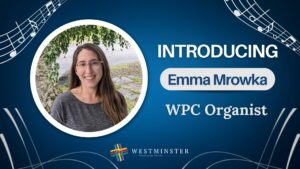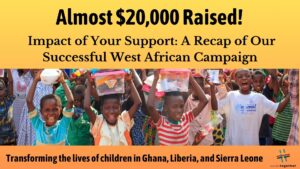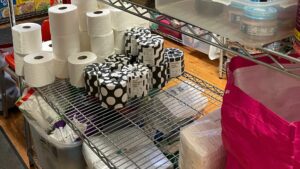The recent attacks in Paris have captured the world’s attentions. Just this morning, there were 21 more arrests in Brussels rounding up more suspects. Since the news broke of the attacks, some have questioned why Paris has received so much more news coverage than similar attacks in Beirut and elsewhere. I heard Matt Stempeck give a presentation last year called, “Activism Drives Attention Drives Aid.” The general premise is that more aid dollars go to disasters and causes that are on the news. That makes sense: people have to know about a disaster before they can help. But what gets on the news and what doesn’t is imperfect. Stempeck quotes a study – News Droughts News Floods – that quantifies what has to happen in order to get a story in front of the public. For example, if 1 person dies in Eastern Europe of a disaster, 40 people in Africa would need to die to get the same news coverage. And, if 1 person dies of a volcano eruption, 40,000 would need to die of draught to get same news coverage. (See his whole presentation below) What we say matters; what we talk about makes a big difference not just for us but for the world. We are in a uinique time in which technology has flattened out access to a larger audience. Now, more than ever before, we can change the story. You may be wondering what difference a website or online communication really makes. I mean, does it change my life in any way? Does it bring in more people or money to the things I care about? If not, then why bother? We bother because this is one of the best ways we can tell a new story. When we reach out across the globe, we can forge new partnerships for our ongoing mission efforts in Ghana, Liberia, and Sierra Leone, or right here in Albany. If we don’t tell the story of what God is up to, we will never change the narrative of what is important in people’s lives. Let’s do it together!




